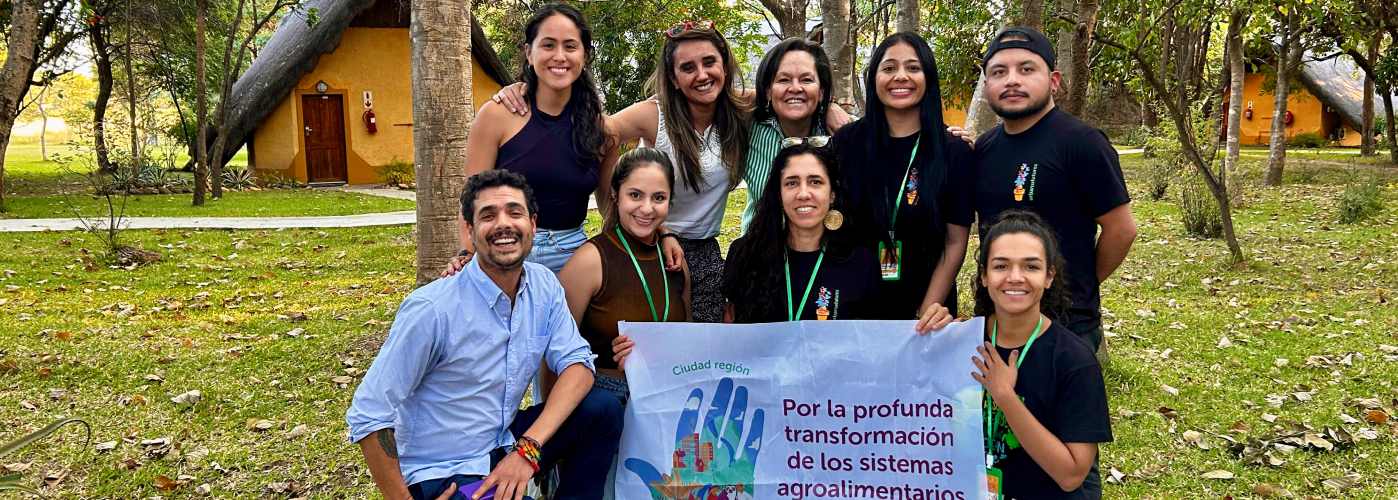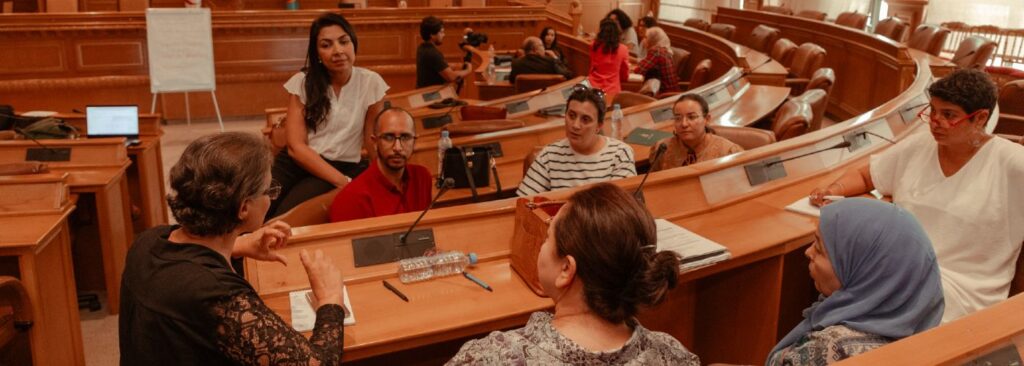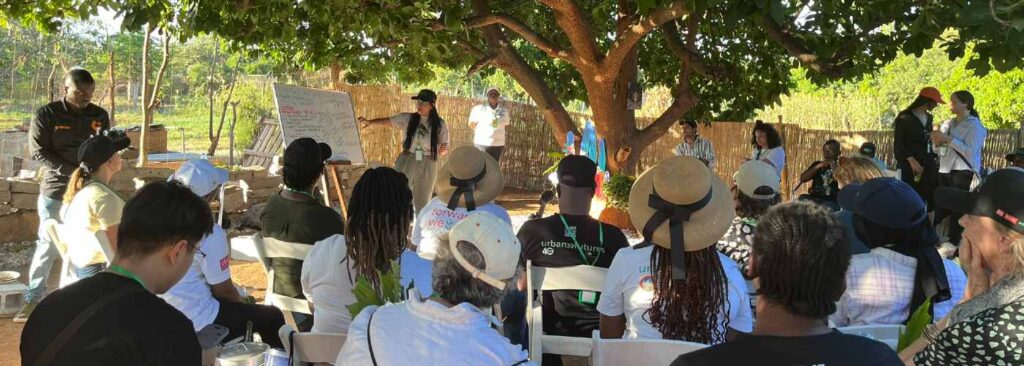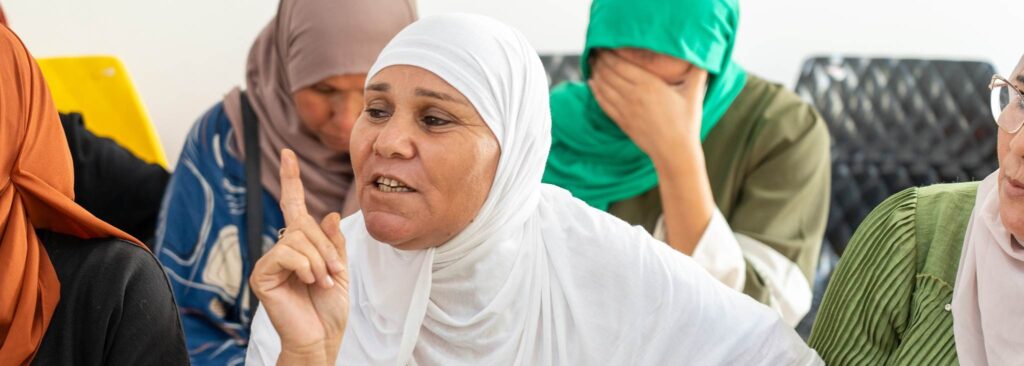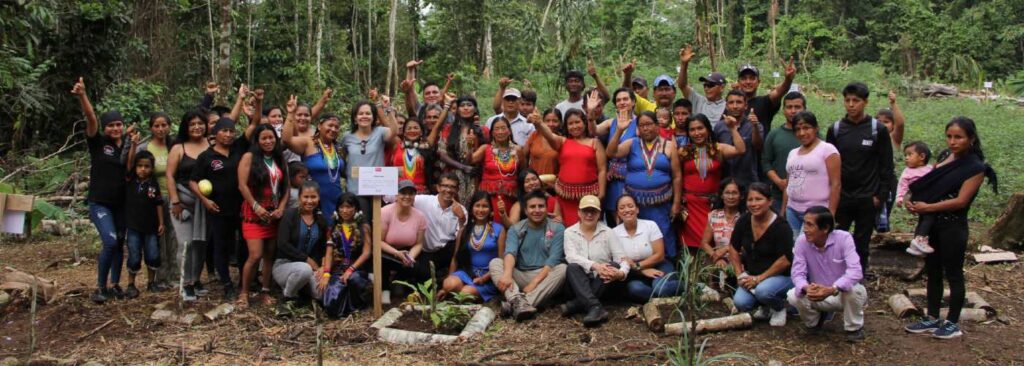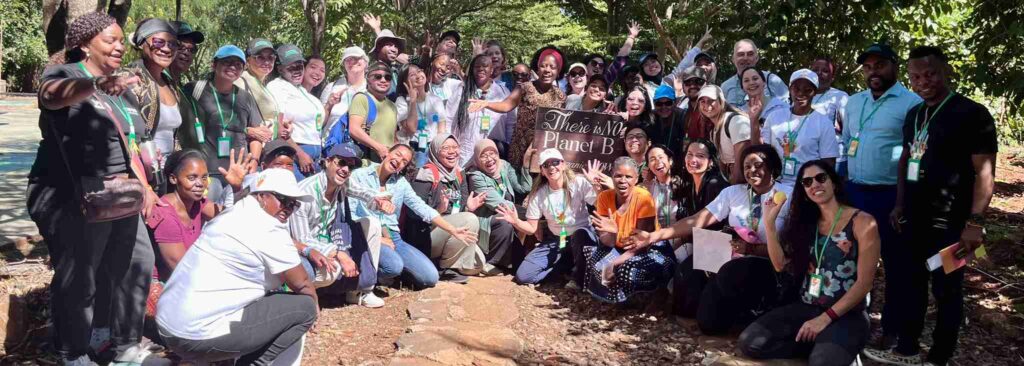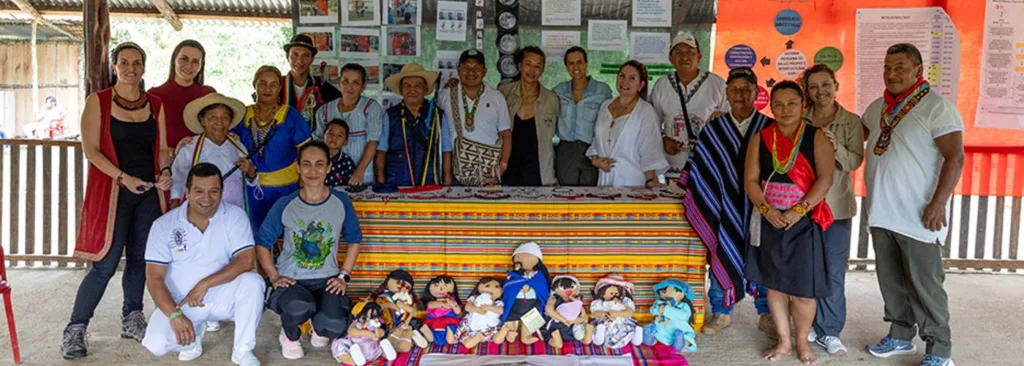Revitalizing urban food systems in Latin America: a collective effort for change
By Ana Carolina Benítez, Linking & Learning Officer, Urban Futures Latin America
When it comes to creating a sustainable future, collaboration and conversation are key. Urban Futures, a global program funded by Fondation Botnar and managed by Hivos, focuses on improving urban food systems, youth well-being, and climate action. Operating in 10 cities across five countries, the program partners with local communities, particularly youth and women, to build more inclusive, resilient, and sustainable food systems. Urban Futures’ first year was devoted to understanding local needs by listening to the voices of diverse stakeholders in each city.
Tackling shared challenges in Latin America
In Latin America, Urban Futures operates in Cali, Medellín, Quito-Chocó Andino, and the Manabí North Pacific Commonwealth (MANPANOR), which also include four intermediary cities. These areas face similar challenges: a lack of food system planning and governance, rapid and disorganized urban growth, loss of biodiversity, increasing health problems due to poor nutrition, and limited opportunities for young people. These factors make young people more vulnerable, including being targeted for recruitment by criminal gangs.
In response to these challenges, the Urban Futures team at Hivos Latin America and its regional partners in Cali, Medellin, Quito-Chocó Andino and MANPANOR (SIDOC Foundation, Mi Sangre Foundation, Imaymana Foundation, Quito Sin Mineria, and Fuegos Foundation, respectively), formed coalitions to share knowledge, collaborate, and set mutual goals. Between February and June 2024, they launched their first joint project aimed at enhancing communication skills, raising awareness about the importance of food systems, and creating positive narratives around these systems in the region.
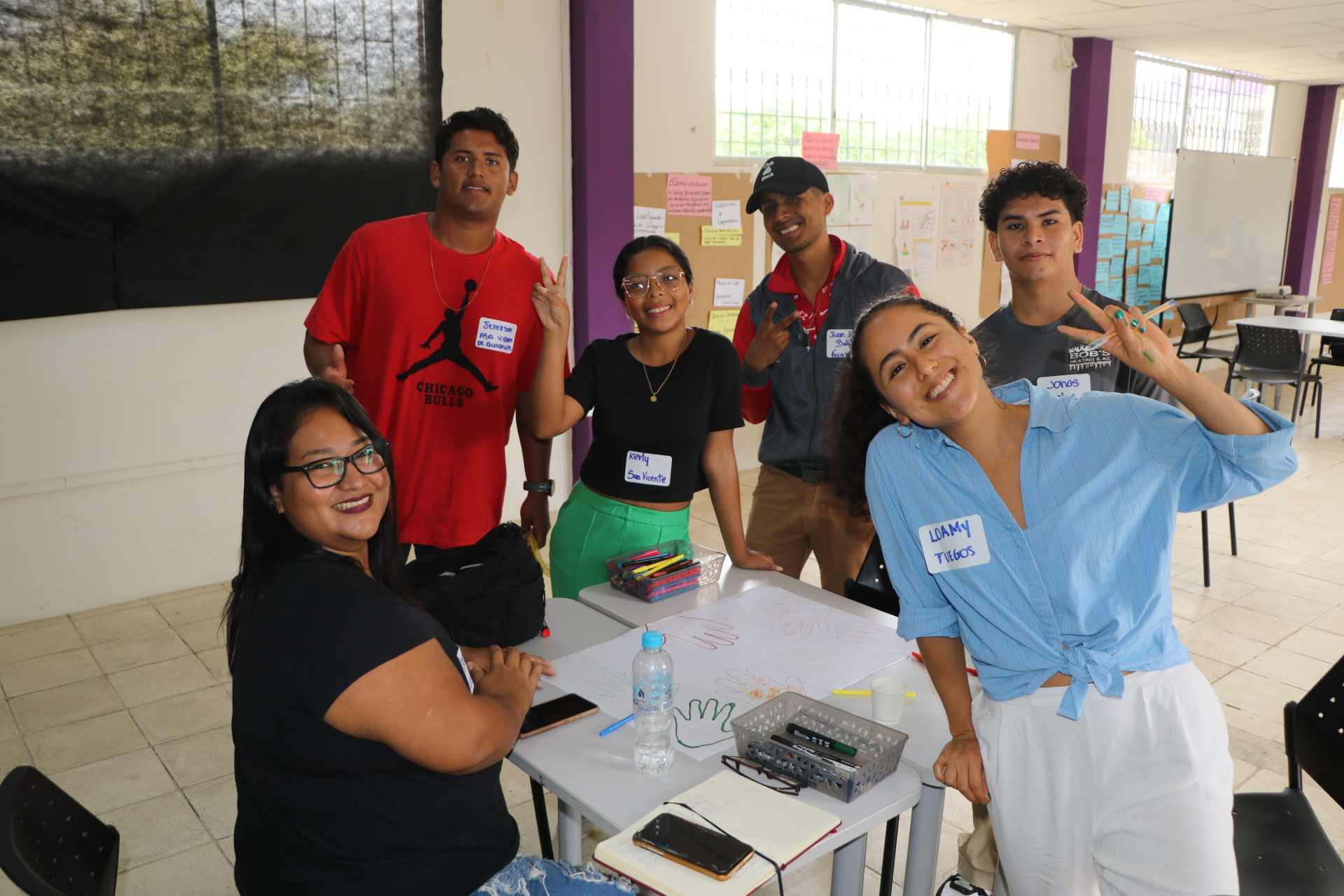
Partnering with Mutante: sparking conversations for change
To kickstart the project, Hivos partnered with Mutante, a pioneering digital movement in citizen conversation* and participatory journalism, recipient of the prestigious King of Spain International Award for Ibero-American Media in 2024. The idea was to start a citizen conversation on how to build urban agri-food systems that prioritize the well-being of individuals, communities, and the planet.
The process began by training 12 members of Hivos and its partner organizations in Colombia and Ecuador in social conversation techniques, community management, and public engagement. The participants learned how to develop their own conversation communities focused on the issues that matter most in their regions.
Next, they launched a digital community called “Let’s Talk about Food” on WhatsApp, bringing together 112 citizens interested in urban agri-food systems. This platform allowed conversation partners to exchange ideas, support journalistic research, and engage in broader social conversations.
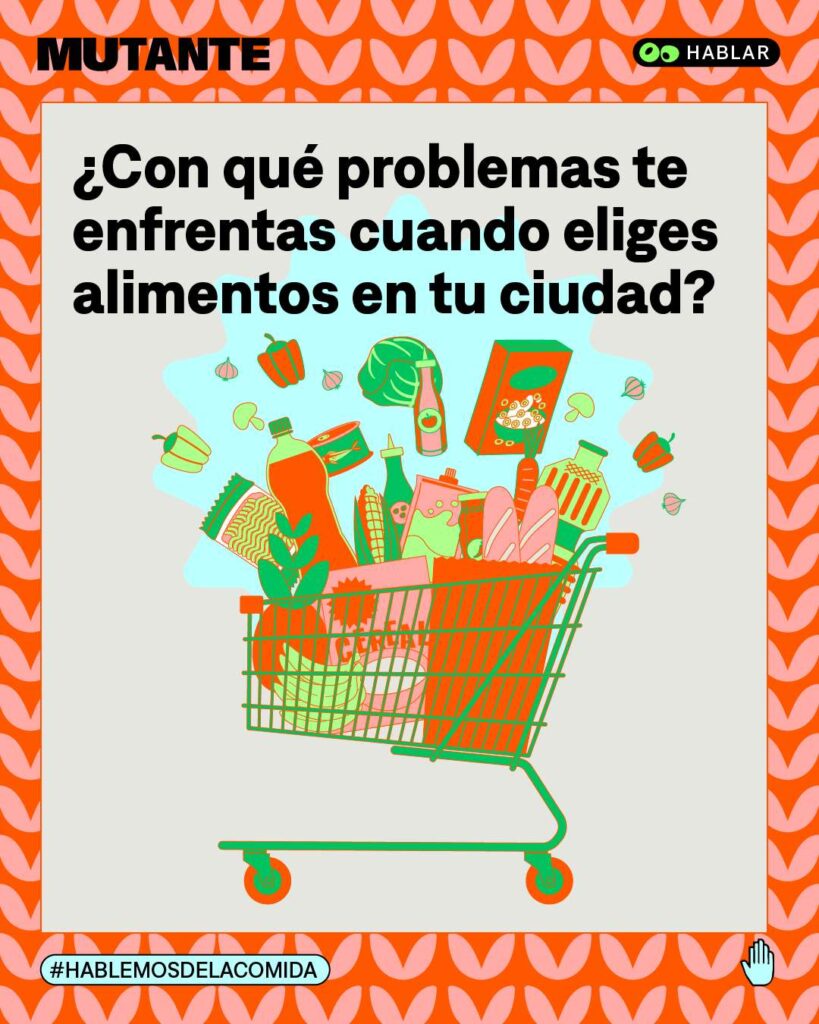
Three phases of citizen conversation
The conversation unfolded in three distinct phases:
1. Speaking: Gathering insights from the citizen’s perspective. For example, one conversation starter was, “What are the three indispensable food items in your fridge, and where do you think they come from?”
2. Understanding: Inviting experts and stakeholders to reflect on and explain the issues at hand. This phase included a live panel discussion on the role of education and communication in addressing food system challenges in cities.
3. Acting: Developing resources to empower citizens, including a guide with questions to help cultivate food awareness and make more informed food choices.
The results: a more informed and engaged community
The campaign reached over 200,670 people through Mutante’s digital platforms, with 14,650 actively engaging with the content. This reach extended beyond Hivos and the partners’ usual networks, demonstrating the power of collaboration. The WhatsApp community remains active and can be consulted about new topics proposed by any member or organization. Moreover, valuable communication resources were developed that can be reused by various organizations in different contexts of the program.
The relationships between Hivos’ team, partner organizations, and their audiences were strengthened, expanding their reach and highlighting the potential of joint efforts. Importantly, the campaign yielded significant insights from journalistic research, public participation, and community contributions, enriching the information base gathered during the program’s first year.
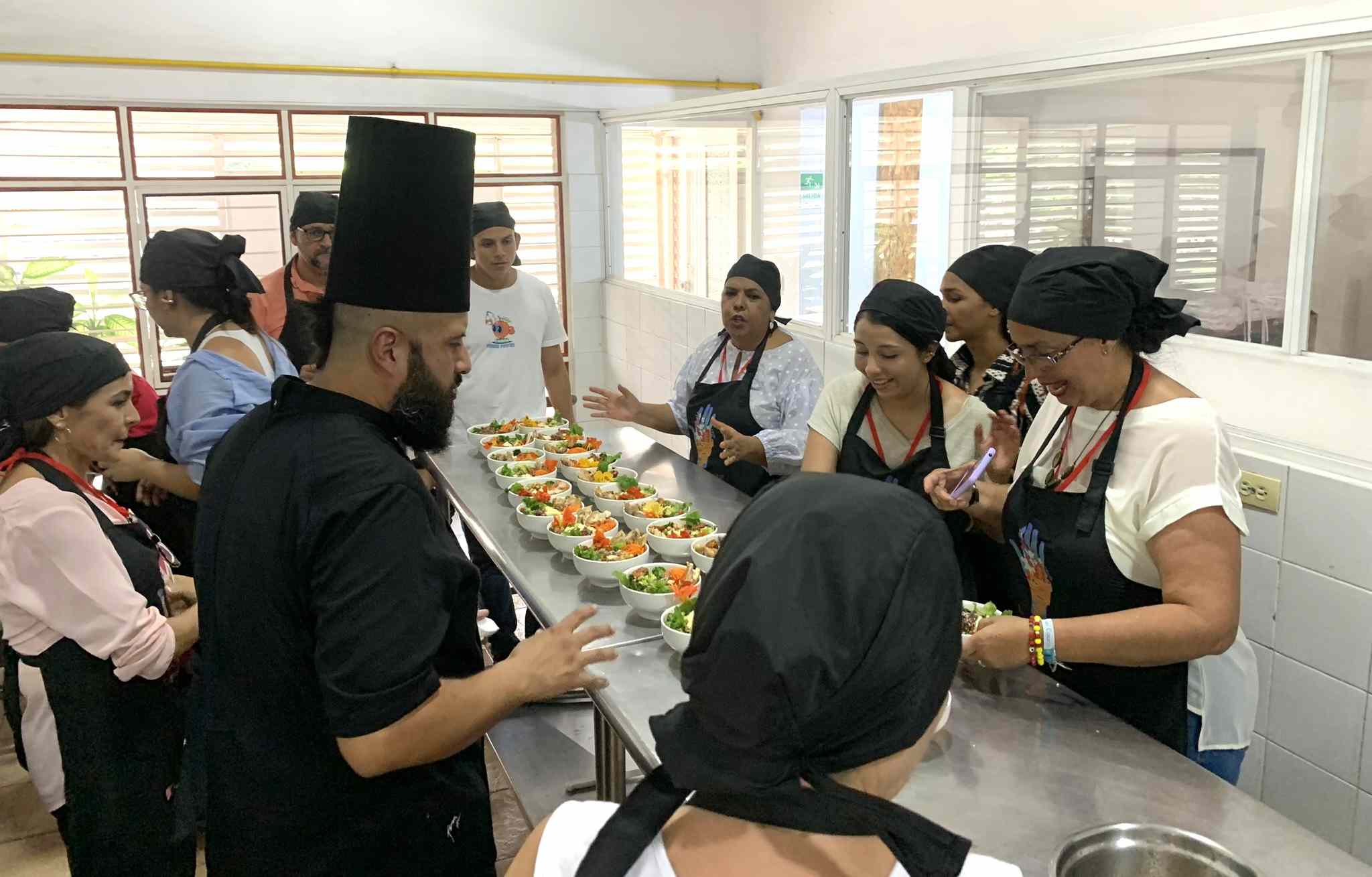
Key insights gained into the urban food landscape and culture
Awareness of food origins: While people know what they eat frequently, many don’t know where it comes from, unless they personally know their suppliers.
Interest in sustainable practices: There is great awareness of the exploitative practices within food chains, and people have a growing interest in supporting sustainable practices that care for the environment and promote fairness for food producers.
Inequality in food access: The connection between urban residents and the food systems that feed them is characterized by unequal access to food in different parts of the city, with “food deserts” more prevalent in poorer neighborhoods.
Impact of urban living on diet: Urban living heavily affects dietary habits because of limited access to affordable, healthy foods, the proliferation of processed foods high in sugars and fats, and lack of time to make thoughtful food choices and prepare meals.
Economic factors as levers for change: Lowering prices of selected foods could be an effective way to encourage healthier eating habits, as economic benefits can drive changes in consumption patterns.
Reflecting on our first joint project
This first collective effort in Latin America shows that by uniting voices and creating spaces for meaningful conversations, in alliance with front-runner organizations like Mutante, we can start to tackle complex issues like urban food systems. The journey is just beginning, and the lessons learned from these initial steps will guide future actions. As we continue to build and nurture these communities, the goal remains clear: to create food systems that not only feed cities but also nurture their people and protect the planet.
Let’s keep the conversation going!
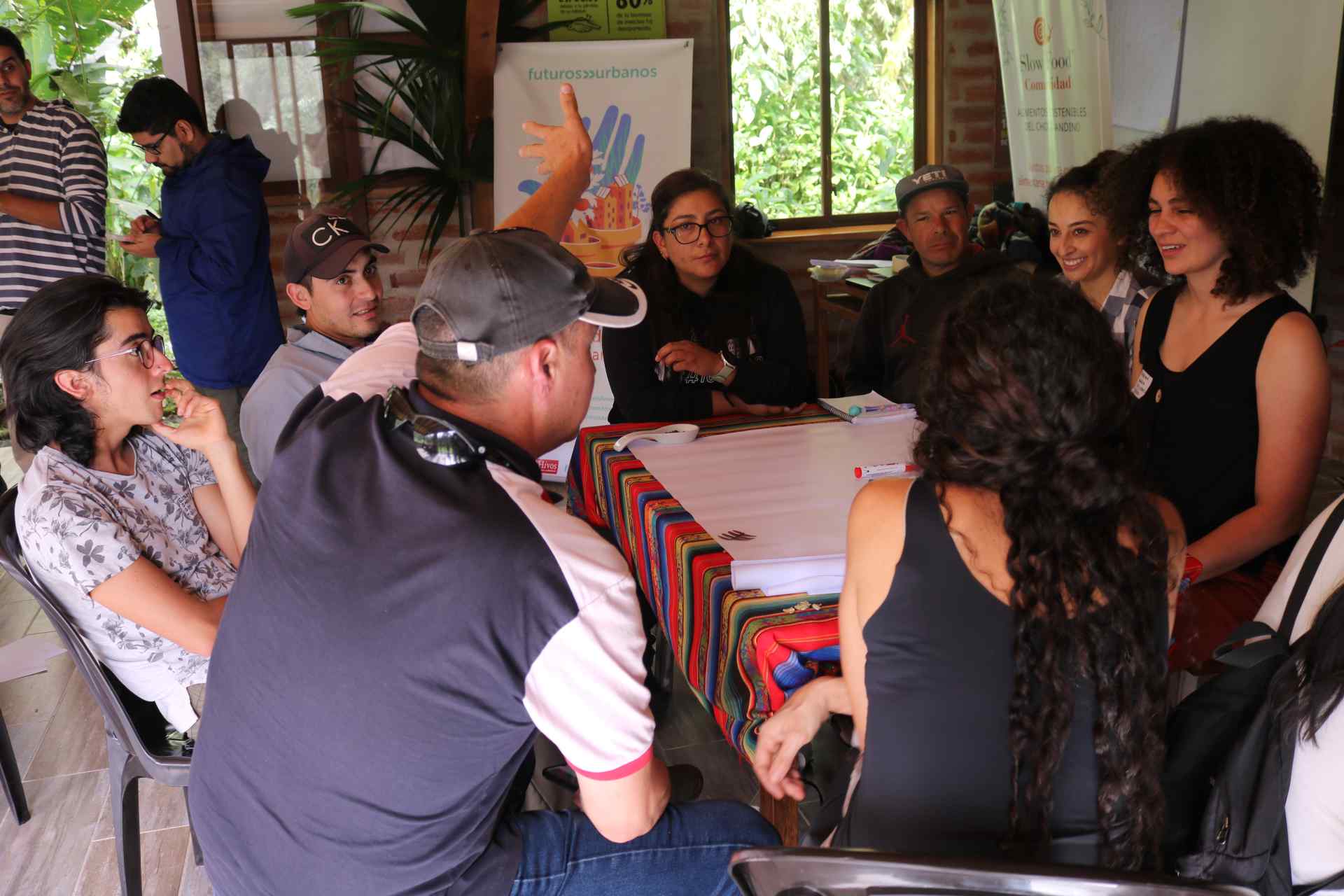
* A citizen conversation generally refers to a public dialogue or discussion in which ordinary citizens engage in conversations about issues that affect their communities, governments, or societies. These conversations are often facilitated to encourage civic participation.

